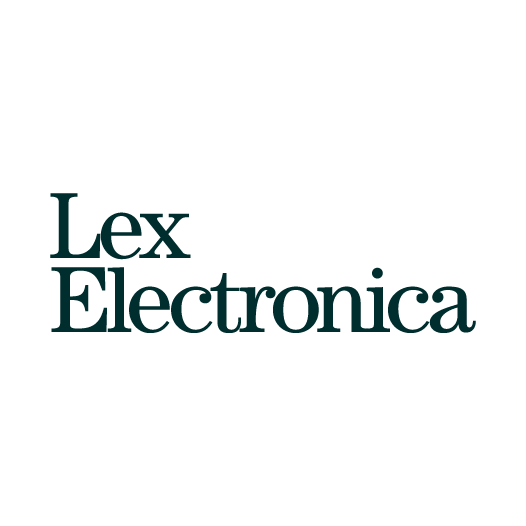The legality of online Privacy-Enhancing Technologies
1 Attorney at the Mendelsohn Rosentzveig Shacter Law Firm.
Résumé
L’utilisation d’Internet prend beaucoup d’ampleur depuis quelques années et le commerce électronique connaît une hausse considérable. Nous pouvons présentement acheter facilement via Internet sans quitter notre domicile et avons accès à d’innombrables sources d’information. Cependant, la navigation sur Internet permet également la création de bases de données détaillées décrivant les habitudes de chaque utilisateur, informations ensuite utilisées par des tiers afin de cerner le profil de leur clientèle cible, ce qui inquiète plusieurs intervenants. Les informations concernant un individu peuvent être récoltées par l’interception de données transactionnelles, par l’espionnage en ligne, ainsi que par l’enregistrement d’adresses IP.
Afin de résoudre les problèmes de vie privée et de s’assurer que les commerçants respectent la législation applicable en la matière, ainsi que les exigences mises de l’avant par la Commission européenne, plusieurs entreprises comme Zero-knowledge Systems Inc. et Anonymizer.com offrent des logiciels permettant la protection de la vie privée en ligne (privacy-enhancing technologies ou PETs). Ces programmes utilisent le cryptage d’information, une méthode rendant les données illisibles pour tous à l’exception du destinataire. L’objectif de la technologie utilisée a été de créer des systèmes mathématiques rigoureux pouvant empêcher la découverte de l’identité de l’auteur même par le plus déterminé des pirates, diminuant ainsi les risques de vol d’information ou la divulgation accidentelle de données confidentielles.
Malgré le fait que ces logiciels de protection de la vie privée permettent un plus grand respect des Directives européennes en la matière, une analyse plus approfondie du sujet témoigne du fait que ces technologies pourraient être contraires aux lois concernant le cryptage en droit canadien, américain et français.
English
The use of the Internet has spread widely in the past few years and commerce on the World Wide Web has boomed. We are now able to buy products easily from home over the Internet and have access to all kinds of information sources. The well-known concern is that browsing the Internet has created detailed databases describing each user's browsing patterns and that third parties are now able to assemble comprehensive profiles about online users. Information about the user is gathered through the collection of transactional data, Internet tracking, and tracking IP addresses.
In order to solve privacy problems and make sure companies are obligated to comply with privacy laws, or more specifically with the standards established by the European Commission, many companies, like Zero-knowledge Systems Inc. and Anonymizer.com, are marketing privacy-enhancing technologies (PETs) in order to protect and assure the privacy of the individual in the digital world. These privacy-enhancing technologies use a method called encryption, which scrambles the data, making it illegible to everyone except the intended recipient. The goal has been to create mathematically rigorous systems that will prevent even the most determined attackers from discovering the user's identity, therefore significantly reducing the risk of data theft or accidental leaks of sensitive information from the Internet user’s computer.
While these online privacy software do help to protect the privacy of the Internet users in making sure that data collectors comply with the European Privacy Directives, a further analysis may determine that they are illegal according to Canadian, American or French encryption control laws and regulations.
